Alba Iulia is a small town in Romania but is of great importance in the history of the country, especially as 2018 is the year Romania celebrates its centennial. Alba Iulia was there when in 1918 the three main regions united to form present Romania. Over 100,000 Romanians gathered there to celebrate this. The main attraction for travelers in Alba Iulia is Alba Carolina, the largest citadel in Romania, where also this event took place. In the early 18th century, the Austrians decided to build a large citadel that could resist Ottoman invasions. A military fortress designed by Italian architect Giovanni Morando Visconti was built in the Vauban style. 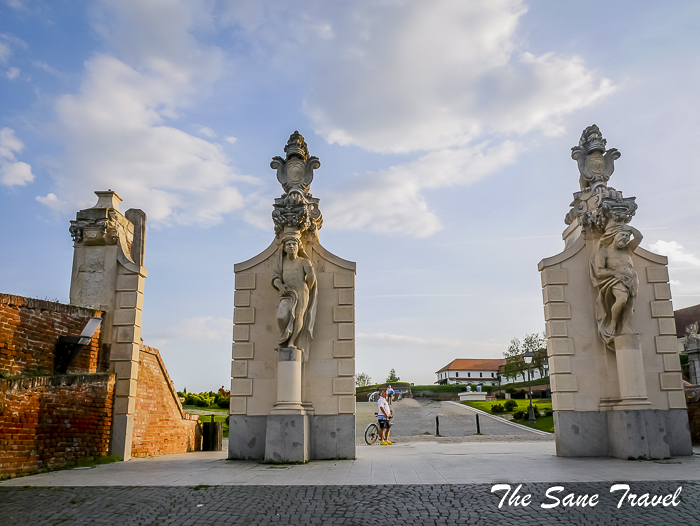
It was a 140 hectares citadel with three fortification layers, six gates, numerous bastions and all things necessary to maintain a garrison of up to 10,000 soldiers. In reality, the citadel was used for its military purposes only once, but not against the Ottoman Empire. Citadel’s restoration was finished in 2014 after 15 years of hard work, costing about 150 million euros. It finally brought back to the citadel its 18th century look and feel. Here is my selection of things to do in Alba Carolina Citadel:
1 Pay your respects to Romanian peasant revolutionaries
The Obelisk at the third gate of the Citadel was built in 1937 and is dedicated to the memory of three leaders of the great serves revolt at the end of 18th century who were imprisoned in the citadel before their execution. Pay your respects to peasant revolutionaries Horea, Cloșca and Crișan, a symbol of resilience for many Romanians.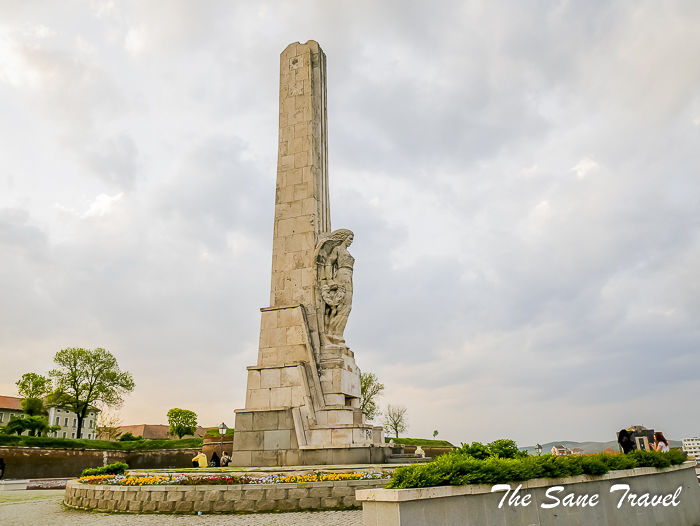
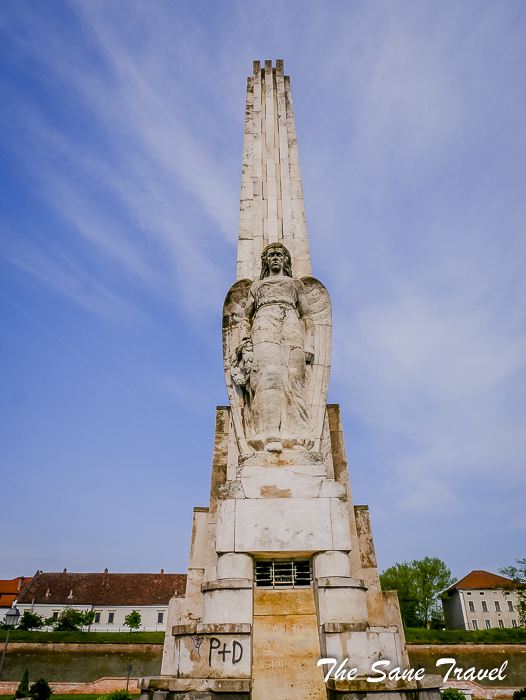
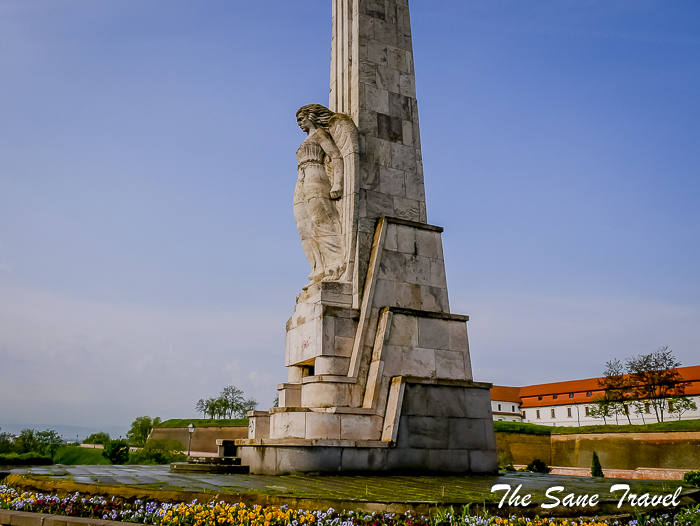
2 Admire the gates of the Citadel
About 7 miles of ramparts made of brick and quarry stones form a seven-point star shape with seven bastions guarded by six monumental gates. The fortress is outstanding both for its architectural elements and for the beauty of its gates. At first, the citadel had 6 gates, while today just 3 of them have been kept in their initial form. The Third Gate is the most important access point into the Citadel, because it takes you right into the heart of Alba Carolina.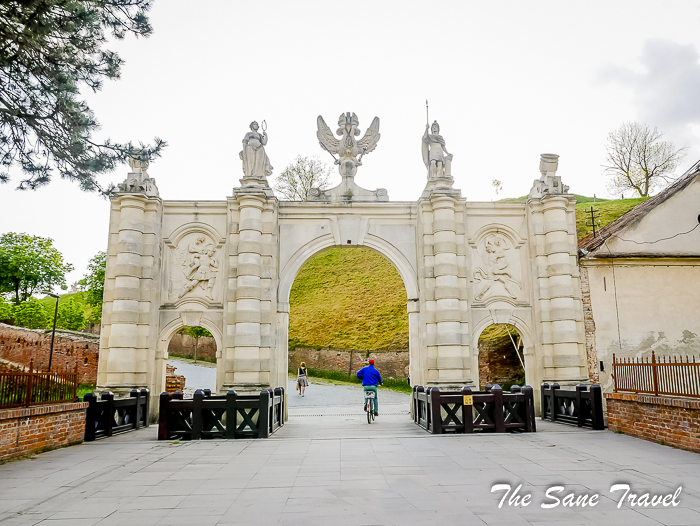
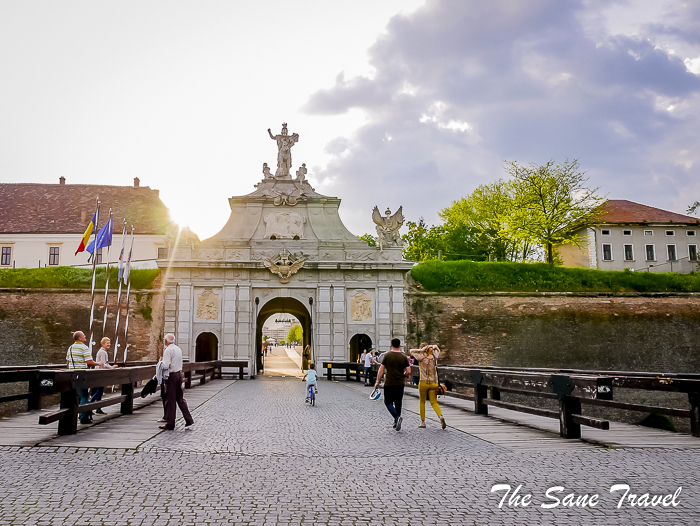
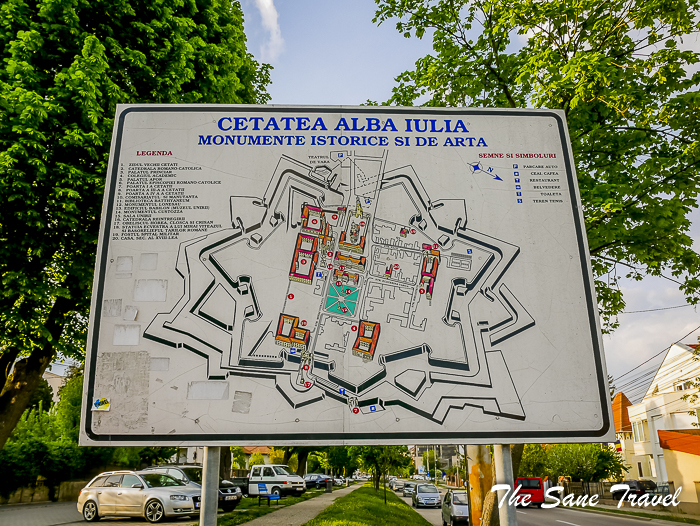
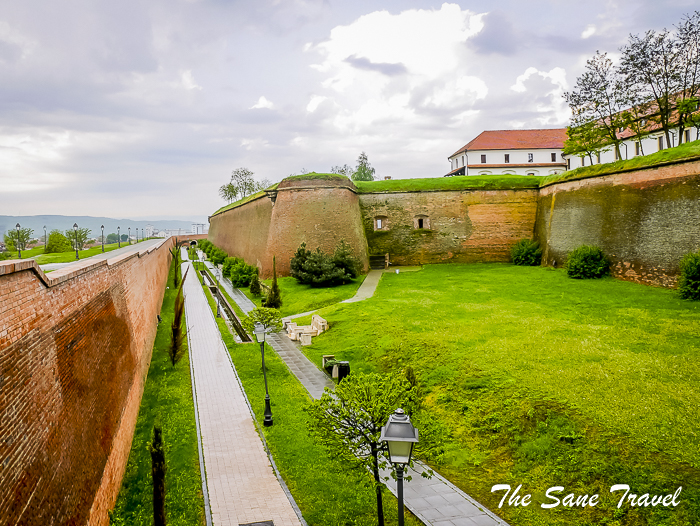
3 Have a coffee near Michael the Brave statue
Michael, by name Michael the Brave, Romanian Mihai Viteazul, was a Romanian national hero living in the second part of 16th century. During the Great Turkish War he briefly united the three modern regions of Romania - Wallachia, Moldova and Transylvania, the most of the future national patrimony under his rule. The statue of Mihai Viteazul was inaugurated in 1968, on the occasion of the celebration of the semi-centenary of the union of Transylvania with Romania. The location of the statue in front of the former Palace of the Principles of Transylvania was not a coincidence. This is the place where Michael the Brave lived and worked for a short period of time.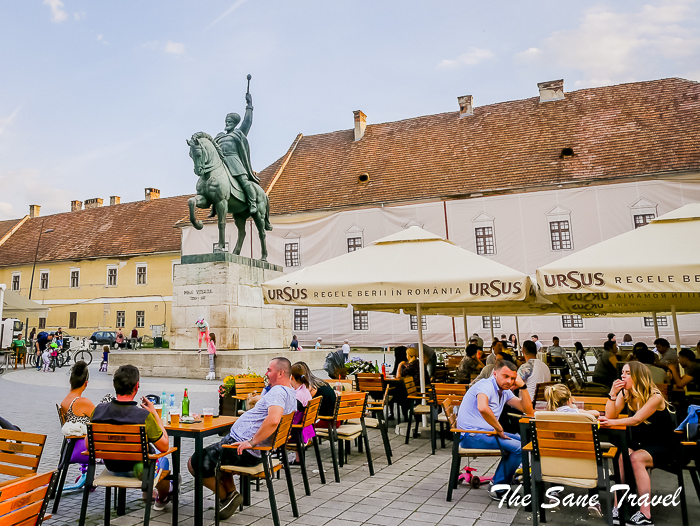
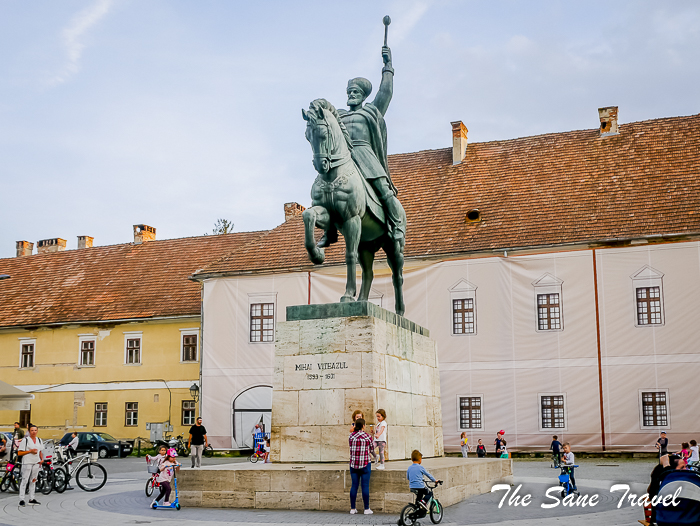
4 Pay a visit to Orthodox Cathedral of the Reunification
Located near the western entrance of the citadel, the impressive Orthodox Cathedral was built between 1921 and 1923 to celebrate Transylvania's reunification with Romania. The first Romania’s King Ferdinand and Queen Marie were crowned in the Orthodox cathedral in 1922. Their diplomatic efforts have been important for the international acceptance of the union.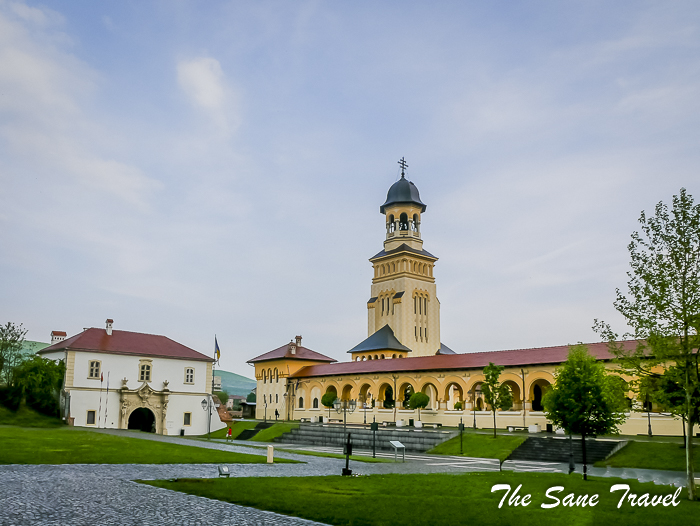
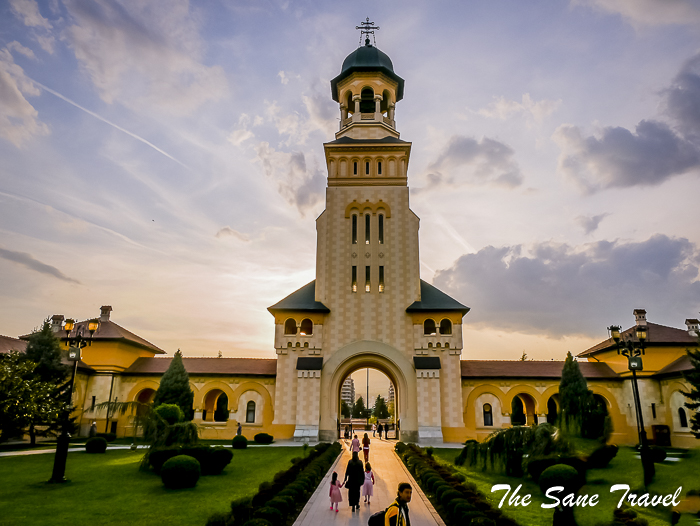
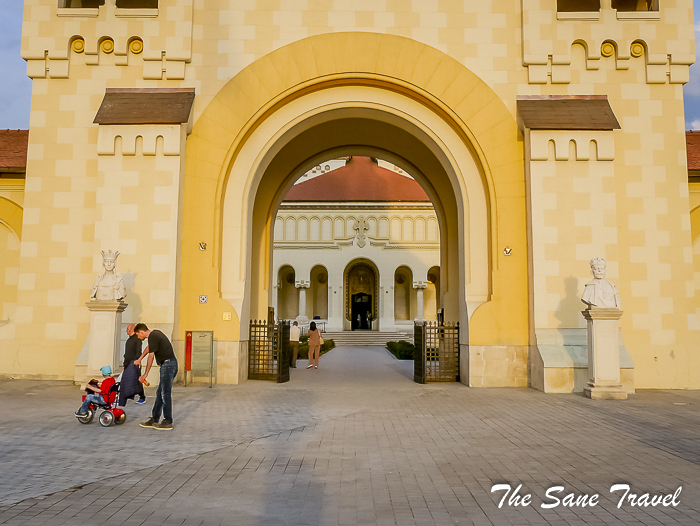

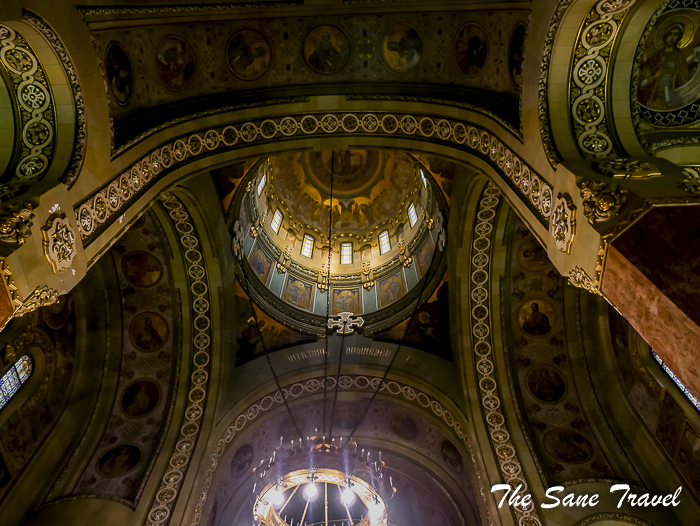
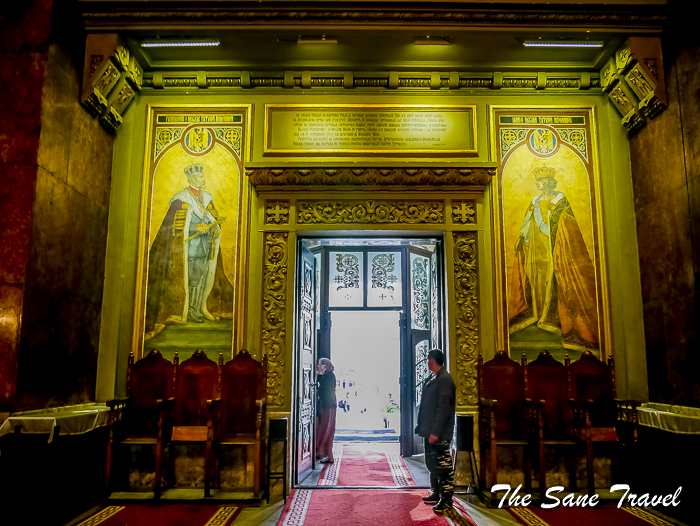
5 Make friends with the bronze statues
The fortress is full of bronze cast inhabitants, caught in different instances of their lives. Observe many bronze statuary groups during your walk through the citadel. One of them represents Saint Anthony surrounded by children while teaching them the word of God, another group portrays a graduate who talks with the children at play with the puppy. All the characters were designed and produced with the intent to render to the citadel the atmosphere of the 17th century. These figures incline a visitor to create in their own imagination the specific episode of their lives.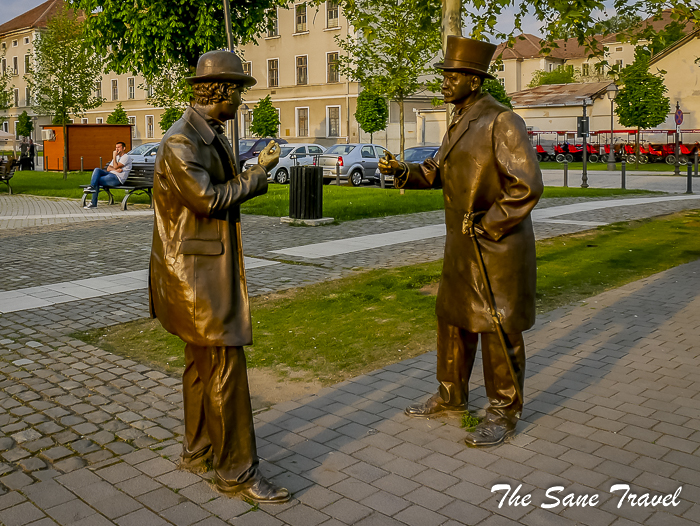
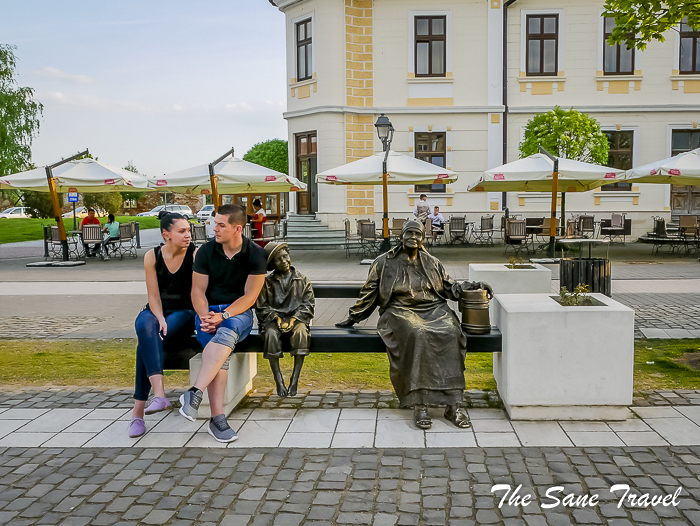
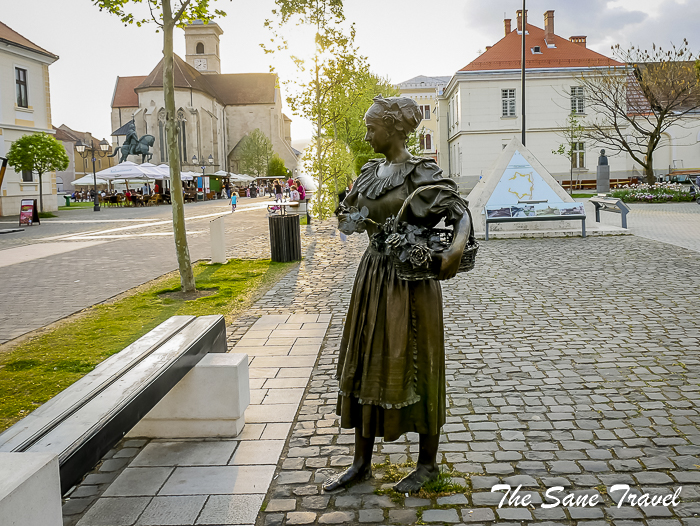
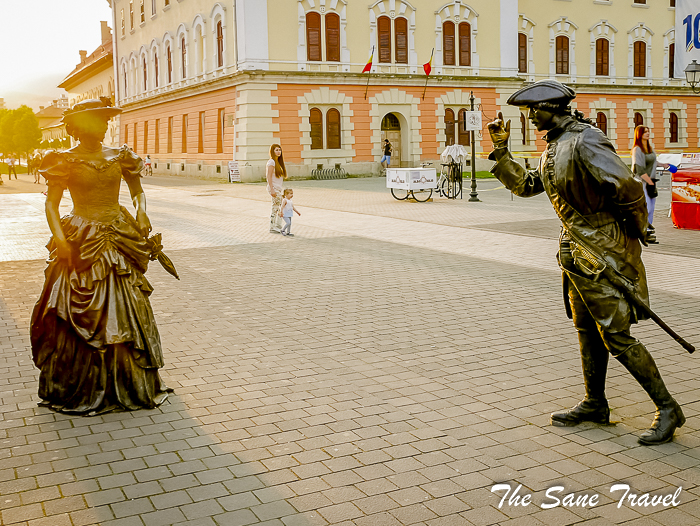
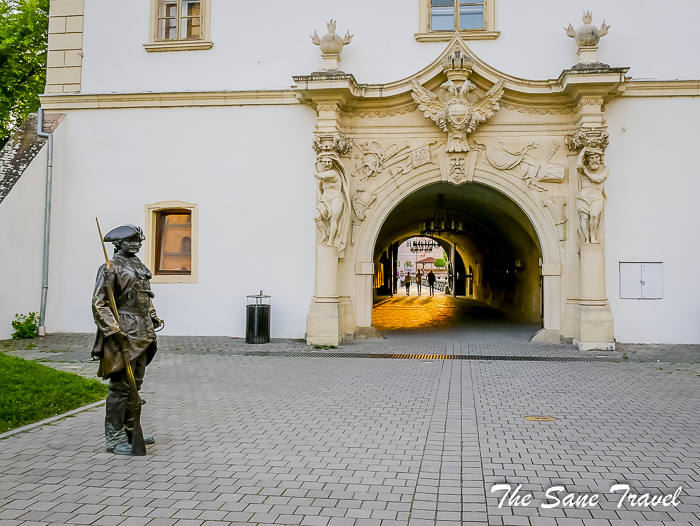
6 See Principia museum and Roman time remains
In Alba Iulia Citadel history goes back 2,000 years to the time when the Roman Empire conquered the Dacian Kingdom. Immediately after the final war against the Dacian Kingdom (105-106 AD), the Romans began the construction of a fortress (castrum) on the territory of today’s citadel. A Roman Principia museum displays artefacts of that time discovered by archaeologists. The bronze statue at the entrance of the museum shows us how the Roman soldier was equipped 1900 years ago, in the times when Dacia became one of the last territories included within the borders of the Roman Empire.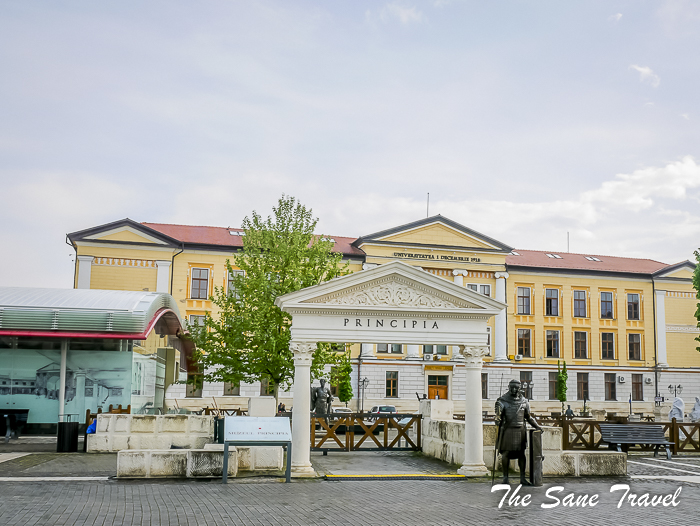
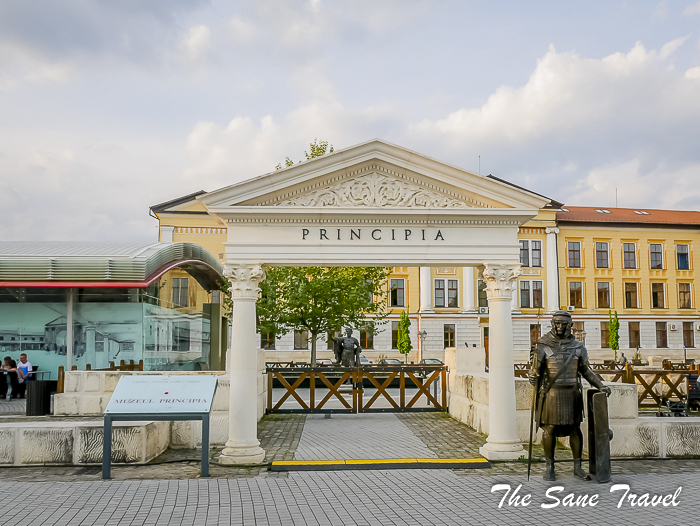
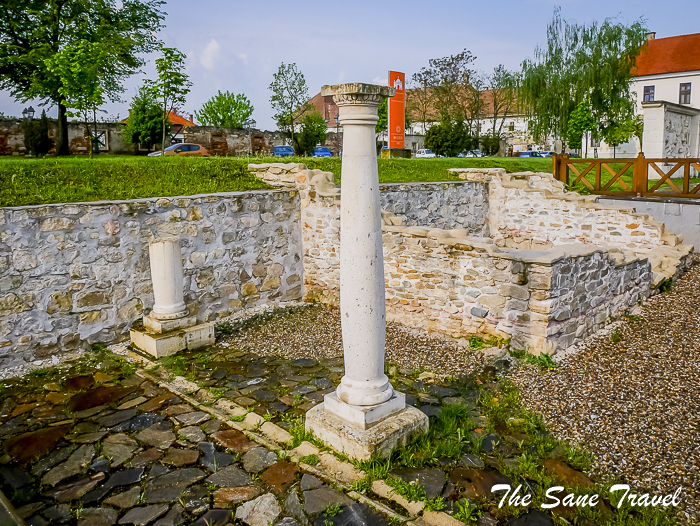
7 Admire the Saint Michael’s Cathedral
The cathedral is the most precious Romanesque style architectural building of Transylvania. As a mark of its greatness, it has been nominated as the oldest and, at the same time, the longest cathedral (83 metres) in Romania. It was created in the second part of the 13th century and the interior is overwhelming also because of the huge organ with its 2209 pipes. There are funerary monuments of John Hunyadi, Governor of Hungary, his son László Hunyadi as well as that of Polish-born Isabella Jagiełło (1519 – 1559), former Queen of Hungary inside the Cathedral.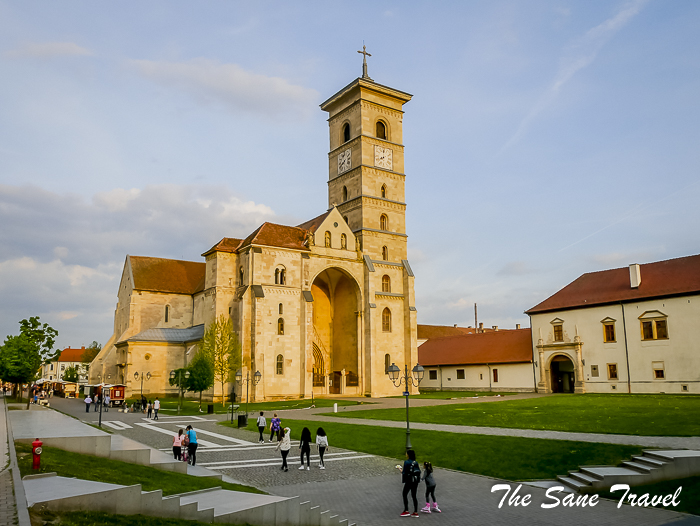
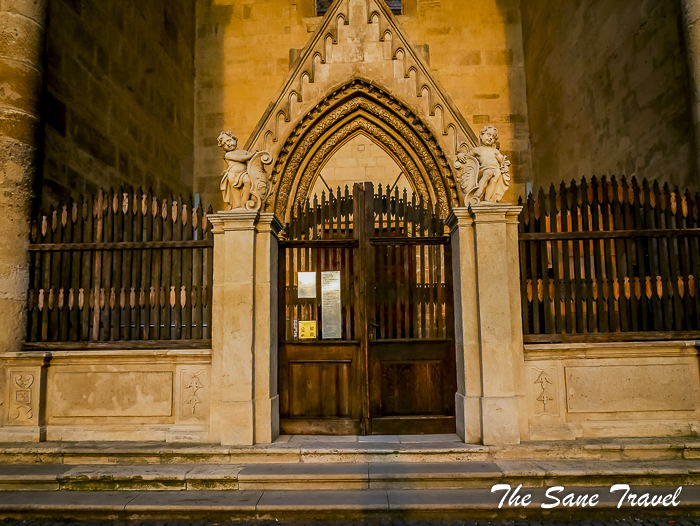
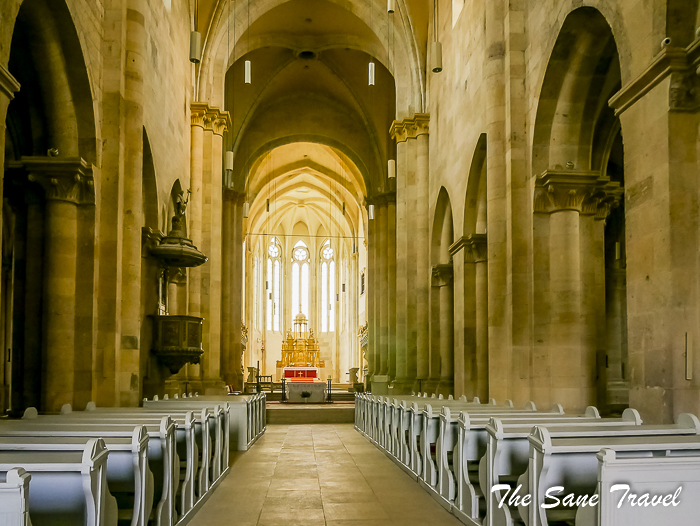
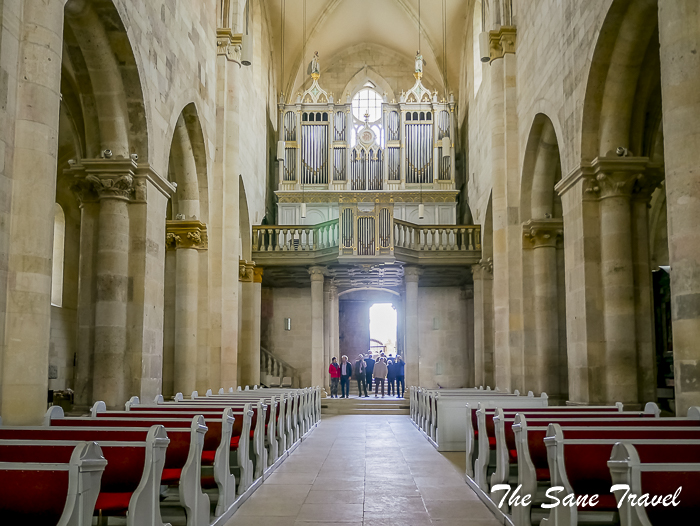
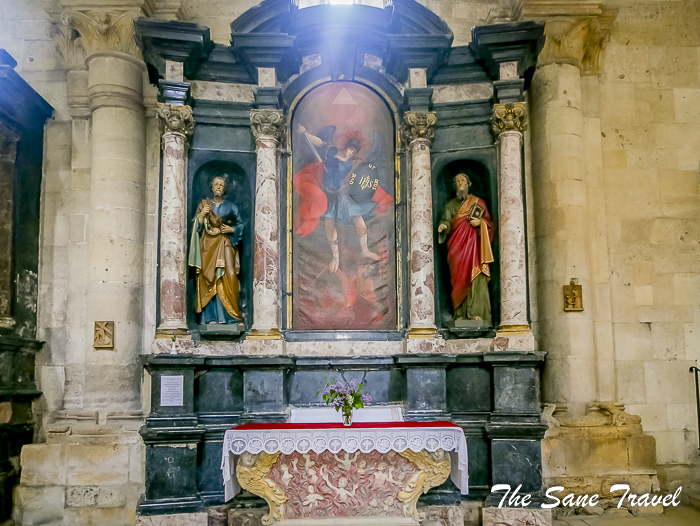
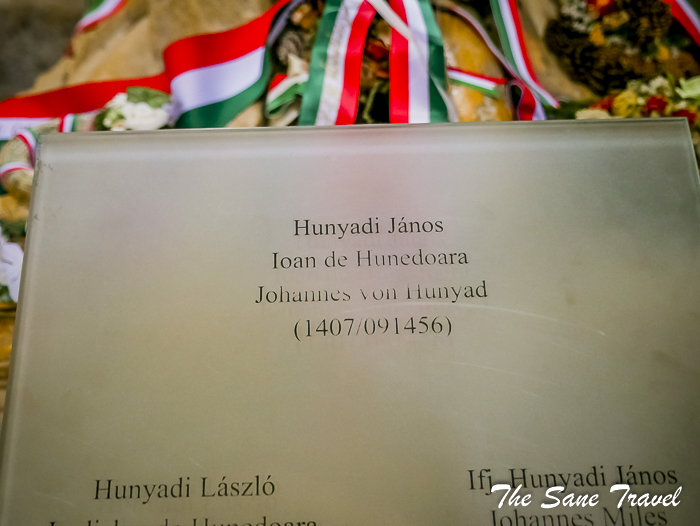
8 Visit the National Unification Museum
You may also visit the National Unification Museum and the Unification Hall. The building that houses the National Museum of Unification today was built in the middle of 19th century, to serve as housing and shelter for some staff from the Austrian garrison in Alba Iulia. The unification hall is also an important part of the museum because this was the place where the decision of Transylvania province's union with Romania was made.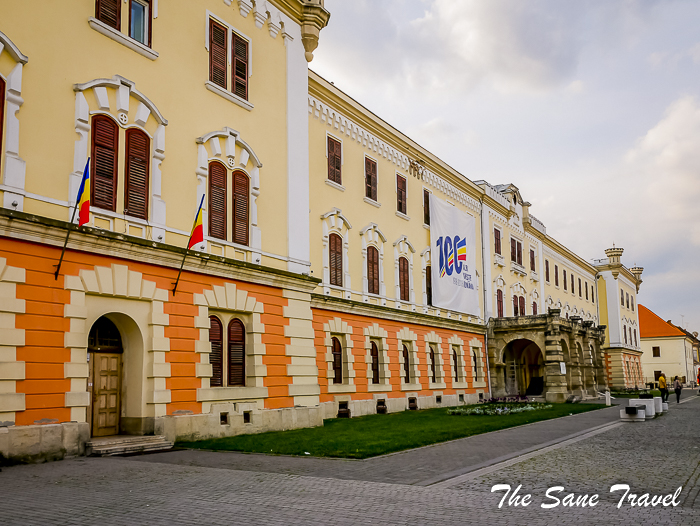
9 Walk the yard of the Medieval Hotel
A five-star Hotel Medieval is housed in a 300 year old historic building located in the middle of the citadel at Alba Iulia. The classic image, elegant furnishings and vintage outfits of the staff bring to mind the great noble courts of Europe. Its 28 rooms are furnished with epoch furniture. Here the staff wears suits of the era and at the post of majordomo, you will find a soldier dressed in Austrian military outfit that will give honor upon arrival and departure. Medieval Hotel has a terrace where you can eat, admiring Alba Iulia from above. Stay overnight if you want to keep your medieval feelings for a longer time.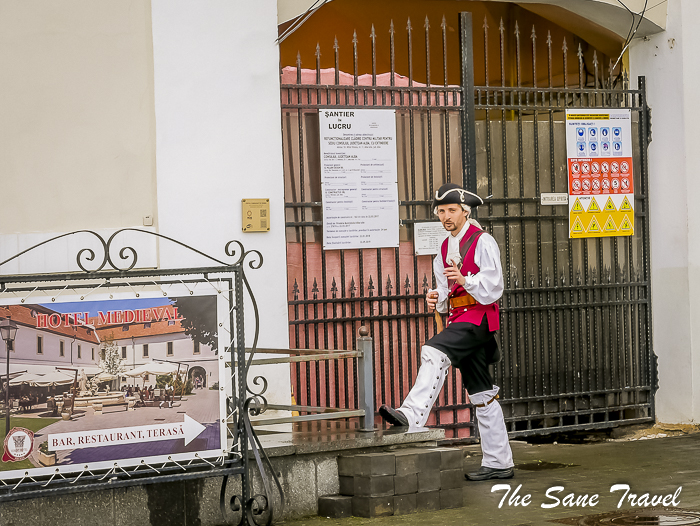
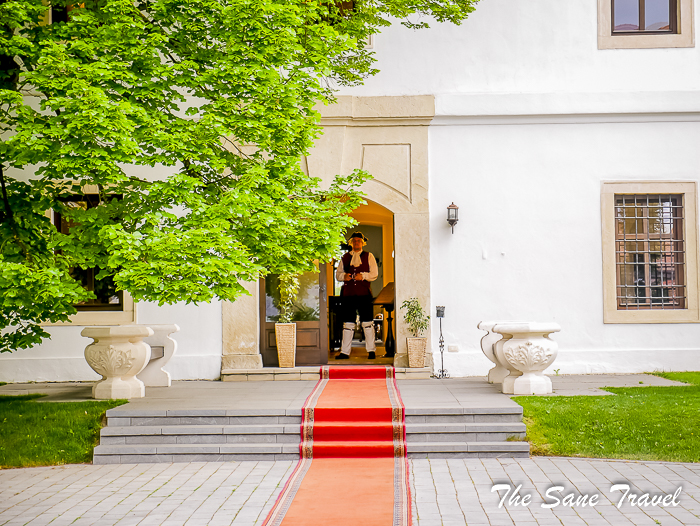
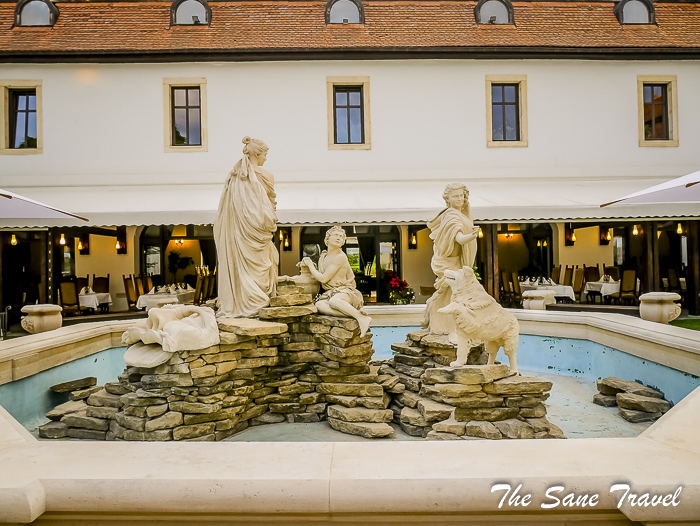 Like it? Pin it!
Like it? Pin it!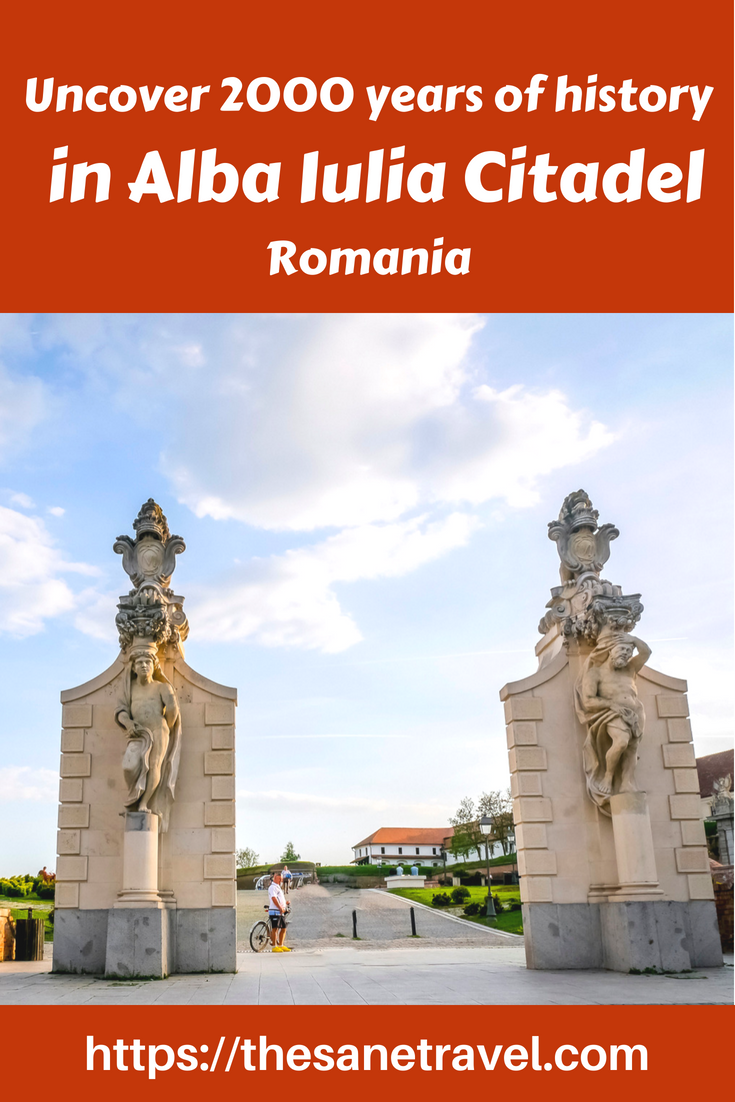 Have you been to Romania? What are your favorite spots of the country? Share in the comments section! You may also enjoy 9 things to do in beautiful Sibiu.
Have you been to Romania? What are your favorite spots of the country? Share in the comments section! You may also enjoy 9 things to do in beautiful Sibiu.
Author: Anita Sane
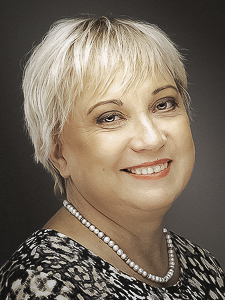
About the author
Anita is a part-time traveller, passionate photographer and a retired career woman from Latvia, travelling mostly solo for more than 15 years. She is a skilled travel planner who plans and executes her travels by herself. Anita wants to show you how to travel the world and open your mind to new experiences. Follow her on Facebook, Instagram, Pinterest, Twitter and Bloglovin.




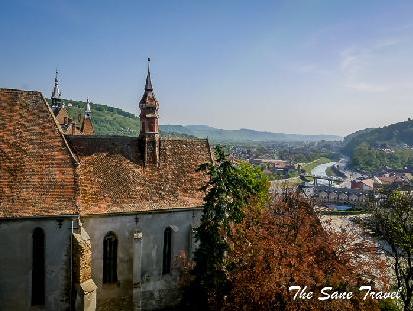
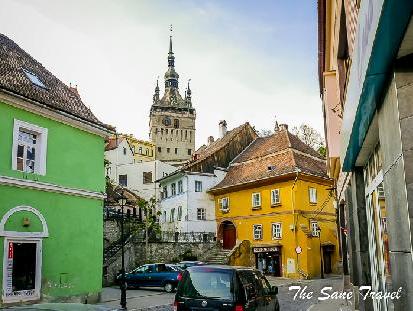
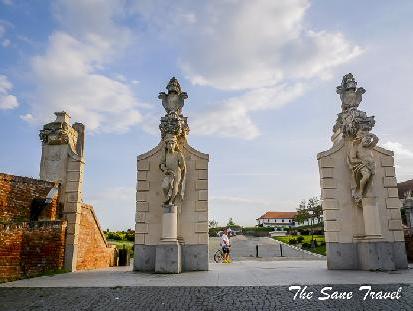
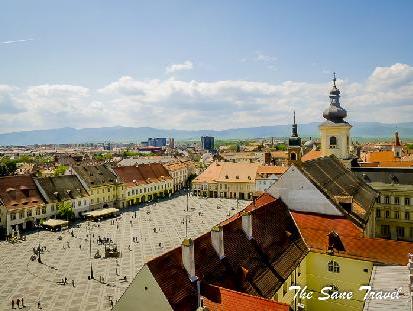
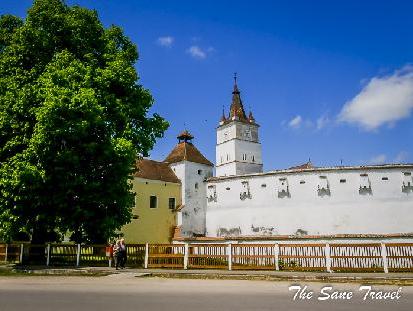
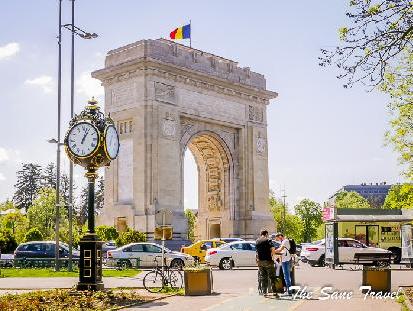
Report
My comments